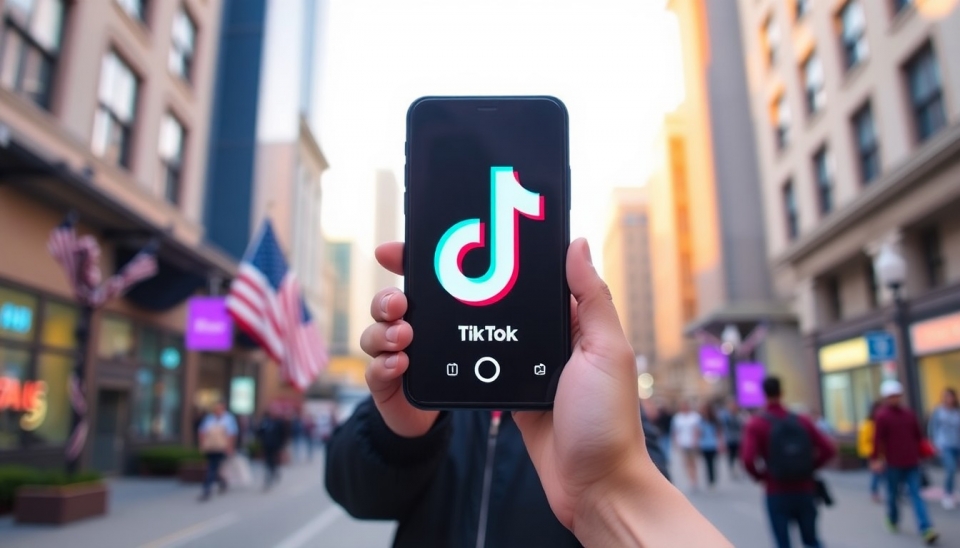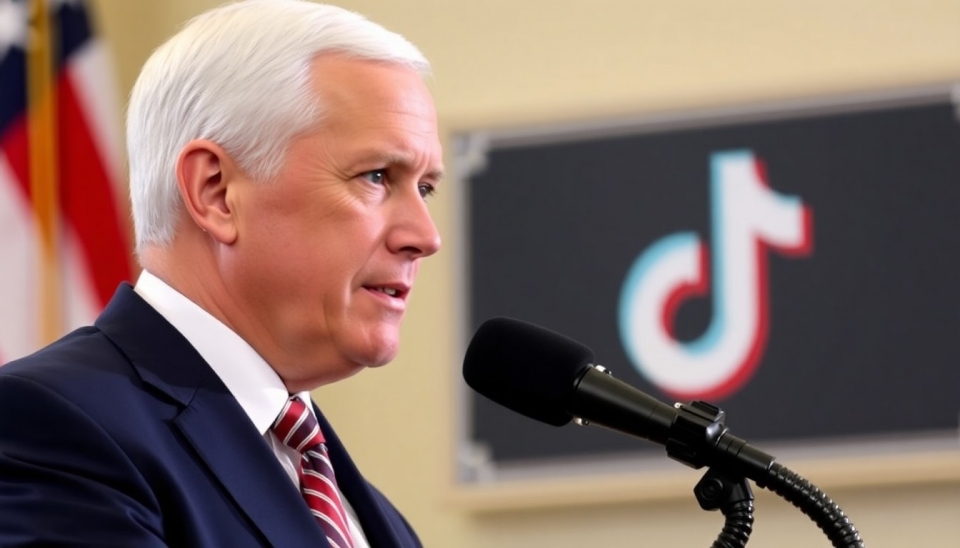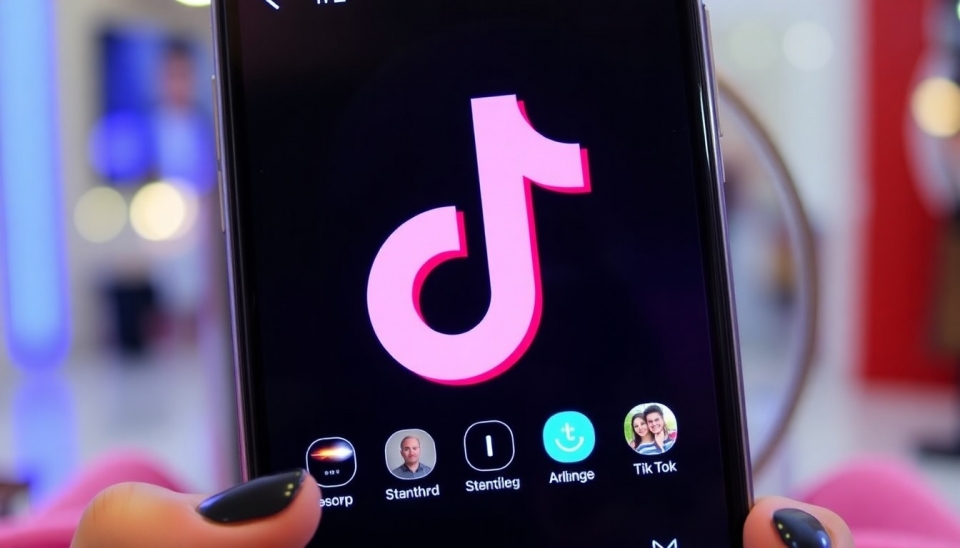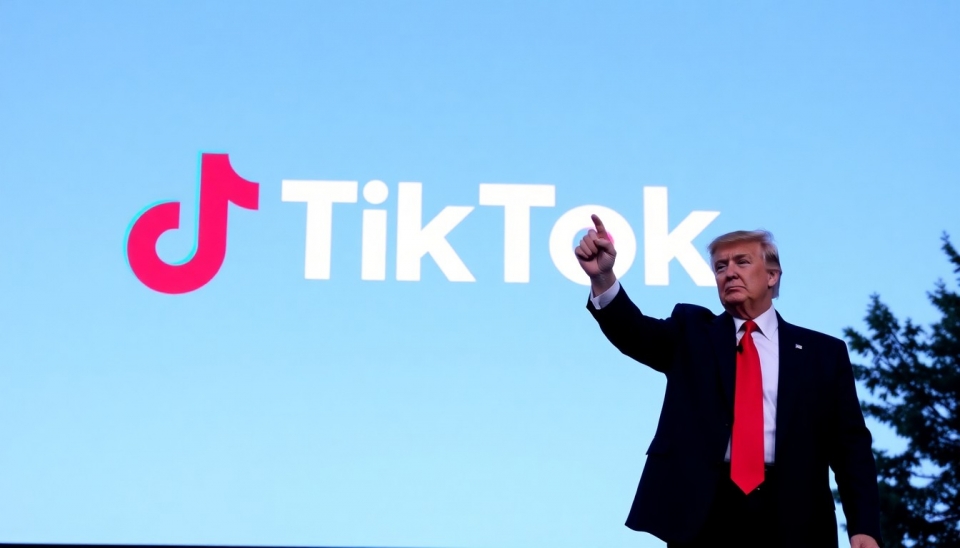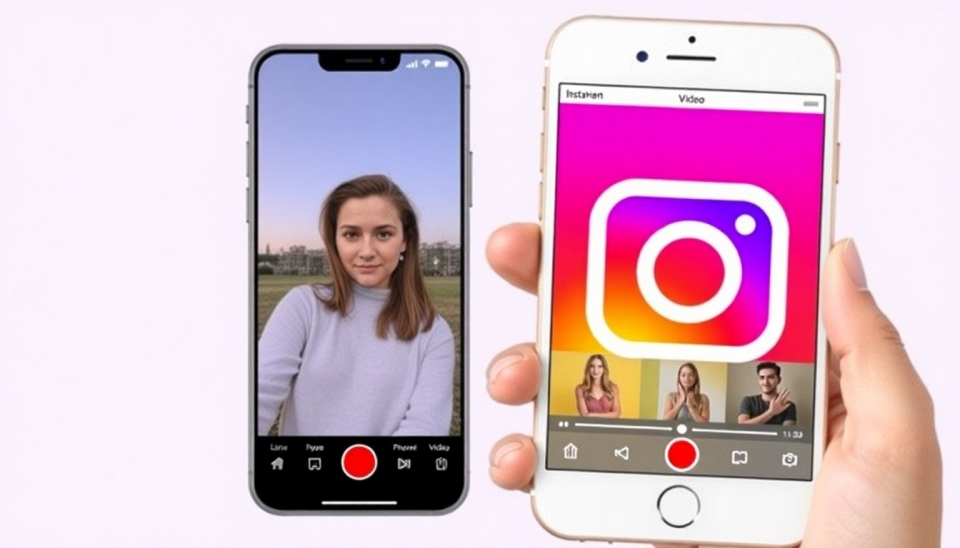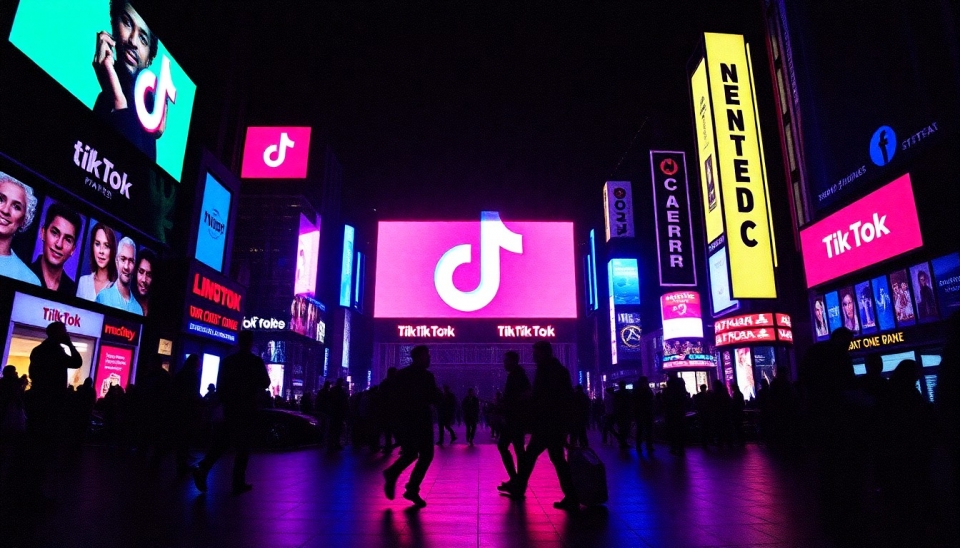
As governments around the world increasingly scrutinize TikTok, the short-form video platform faces the possibility of a widespread ban that could drastically alter the digital landscape. This potential action has raised alarms among marketers, content creators, and social media enthusiasts who fear the ramifications of losing one of the most influential platforms of the modern era.
The U.S. government, along with various European nations, has escalated discussions regarding the operational future of TikTok, specifically due to national security concerns tied to data privacy and potential influence from foreign governments. The apprehension surrounding TikTok stems from its Chinese ownership via ByteDance, leading to suspicions about user data security and the possibility of censorship or manipulative content influencing public opinion.
According to industry experts, should a ban be enforced, it would not only impact TikTok’s vast user base—estimated to be over a billion globally—but also create significant disruptions for brands that rely on the platform for marketing strategies and audience engagement. Many companies have integrated TikTok into their advertising plans, establishing a tether between their identity and the platform’s vibrant ecosystem. The loss of TikTok would ripple across marketing budgets and strategies, forcing businesses to pivot to other platforms that may not offer the same level of engagement or creativity.
Content creators, hailed as the new-age influencers, would also face a dire situation if TikTok is removed from the digital landscape. Many have built their careers or side businesses around their presence on the app, leveraging its algorithm to gain followers, brand partnerships, and monetization opportunities. Without TikTok, these creators risk losing income streams and the platform that has provided them a voice and visibility. The decline of TikTok could also stifle the creativity and trends that arise from its unique format, limiting the cultural dialogue that happens in minute-long snippets and dance challenges.
Moreover, the ban threatens to erase the innovative trends that have emerged from TikTok, often translating into broader cultural movements. Fashion trends, music hits, and social issues have witnessed exponential growth and exposure via TikTok, making it a cultural hotspot and an essential tool for societal change. The potential eradication of this dynamic platform could lead to a significant slowdown in how trends are created and consumed, affecting not just the entertainment industry but also the ways communities connect and share ideas.
Opponents of the ban argue that limiting access to TikTok could infringe upon free speech and cultural exchange. Proponents advocate for stringent regulation and oversight regarding user data to ensure safety without completely alienating a popular platform that has become a mainstay in digital communication. As the debate continues, companies, creators, and consumers alike remain on high alert, bracing for the potential aftermath of a decision that could reshape the landscape of social media as we know it.
In summary, the threat of a TikTok ban could spell calamity for brands, creators, and evolving trends, marking a significant shift in how individuals and organizations engage in digital spaces. Stakeholders from every corner hope that solutions can be found that address security concerns while preserving the vibrant and creative core of social media.
#TikTokBan #SocialMediaTrends #DigitalMarketing #CreatorEconomy #CulturalImpact
Author: John Miller
